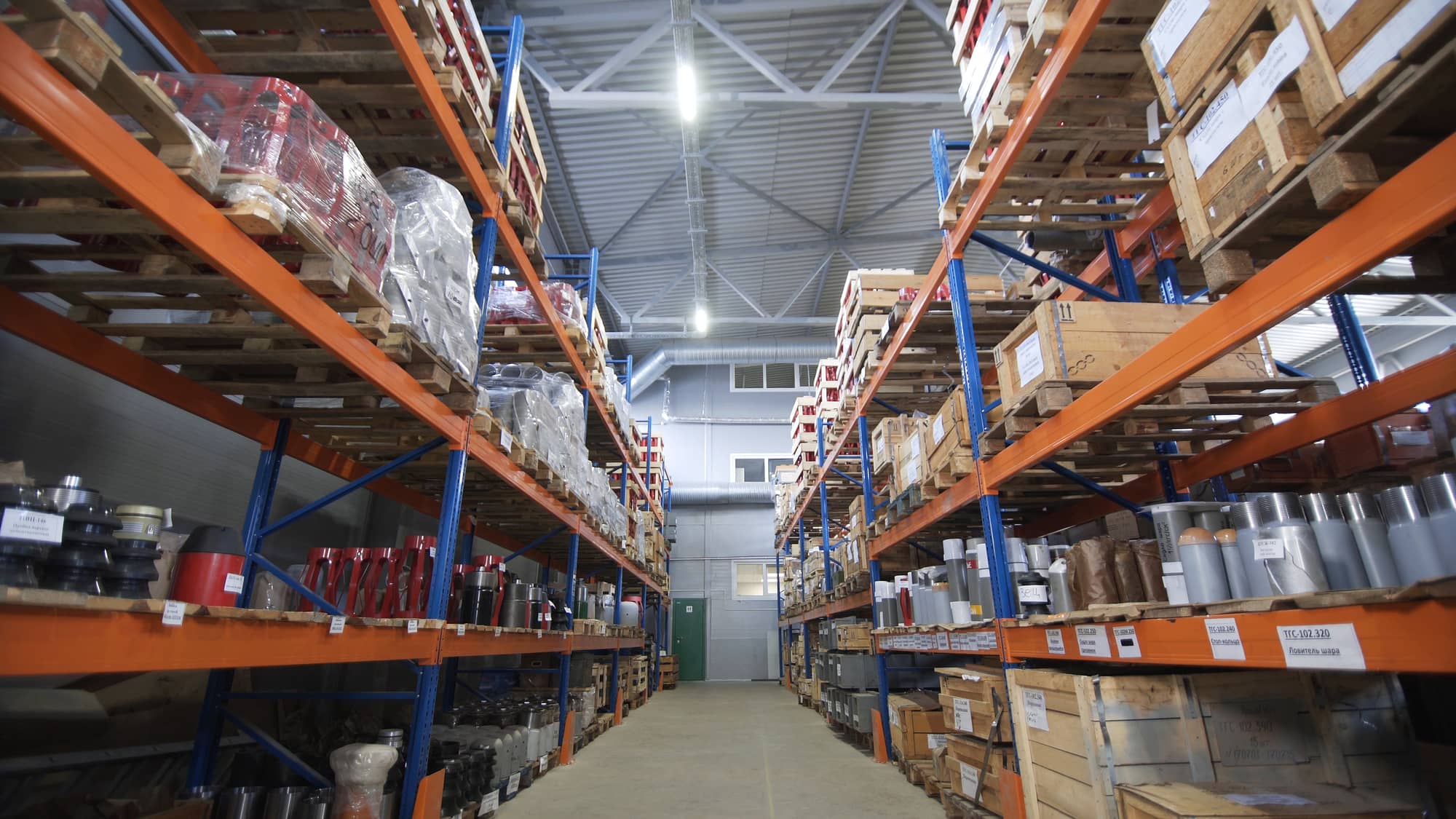
As our world continues to reopen from the pandemic, we’re beginning to see “normal” business come back.
You remember… the kind of business we used to do, where we load equipment onto trucks, head out to venues, and we do jobs rather than host virtual events.
What exactly does this mean for your warehouse? At this point, you’ve likely piled a bunch of stuff up against the wall because you needed floor space for studios and control rooms.
You’ve repurposed your warehouse for the business you had to have to survive the past year. (Which, in all honesty, you’re still doing – but now you also need to use the warehouse the way you did before our world got turned upside down.)
How do you reconcile the fact that your warehouse wasn’t as big, organized, or clean as you wished before the pandemic, and now you have less space, fewer people, and no time to restore operations?
I can count on one hand the number of clients who are happy when they show me their warehouse. From everyone else, I hear things like:
“There’s not enough floor space.”
“There are so many things I need to get rid of.”
“It’s never as clean as I want it to be.”
All of those concerns were pushed aside — both literally and figuratively — while you focused on pivoting for virtual events. Here we are, more than 15 months later, and all the problems you were trying to solve before the pandemic are still there, collecting dust.
Find the Opportunity
I know it may be hard to see right now, but there’s an opportunity to be had — an opportunity that goes beyond what your warehouse is used for.
The bigger question is, what is your business for?
Moving forward, if you’re going to run a business that will incorporate some of the new things you’ve been doing the past year along with some things you used to do, then what goes away?
What are you hanging on to in your warehouse that is no longer part of your future business?
If you’re fighting for space, you need to decide what you don’t have space for anymore. I probably haven’t seen your warehouse, but I can promise you four things…
- You don’t have space for things you use once a year.
- You don’t have space for things you might need.
- You don’t have space for something that doesn’t make you money every month.
- You don’t have space to move around efficiently or prep in advance.
What you do have space for is a 30-yard dumpster in a loading bay that we could fill up in two hours. And we could have another one back here tomorrow to fill as well.
“But What About…”
If the next thought that comes to your mind is, “But what about…,” first go back and reread everything I just said.
Optimizing is so important because of carrying costs.
First, there’s the carrying cost of physical space — the volume that’s occupied by stuff you don’t need.
The second carrying cost is the lack of movement. With space comes movement, but if I have too much stuff in my space, I reduce my ability to move. And we are definitely an industry that needs to move.
The third cost is the thing that’s most important. Space and movement are obvious to people who set up shows and take them down for a living, but the final carrying cost is what we’re always battling: the emotional value.
The emotional value you put on unimportant things in your warehouse makes it harder for your team to work because you, the owner, have all the control over this.
When you say, “I don’t want to get rid of this because we have that one client who rents it from us every May,” you’re taking that emotional baggage and putting it on your team.
You’re telling them that the “but what about…” is more important than all the space and movement challenges they have to overcome because of your emotional baggage.
And that’s just unfair.
Through your inability to make a decision, you’re telling them that even though this would help everyone else, everyone else isn’t important. When you choose not to decide, you’ve still made a decision. And the people who are waiting for you to make a decision are important.
Grab A Trash Bag and Get to Work
The warehouse you’re standing in now is like gray hair. You’ve earned it. And we’ve earned all of our scars from the past year. But you are also the person who has the power to decide to move forward with a better warehouse — a better use of space and a better prioritization about what’s actually important.
A lot of things that were important to us in years past don’t matter as much now. Least of which is the customer who only rents that one piece of equipment once a year. After all the trials you and your team have been through, should that really take priority?
You already know the answer.





Leave a Reply